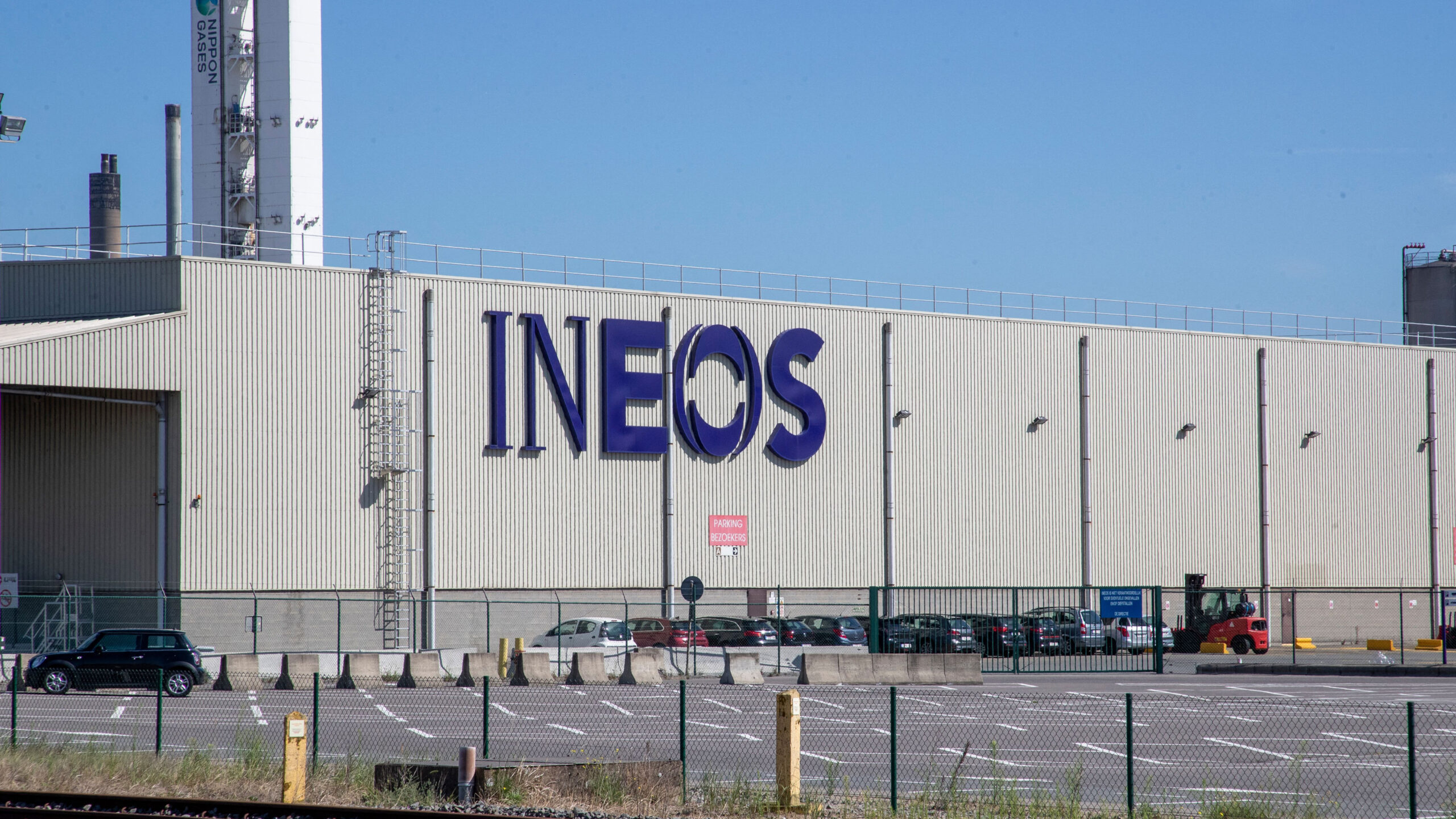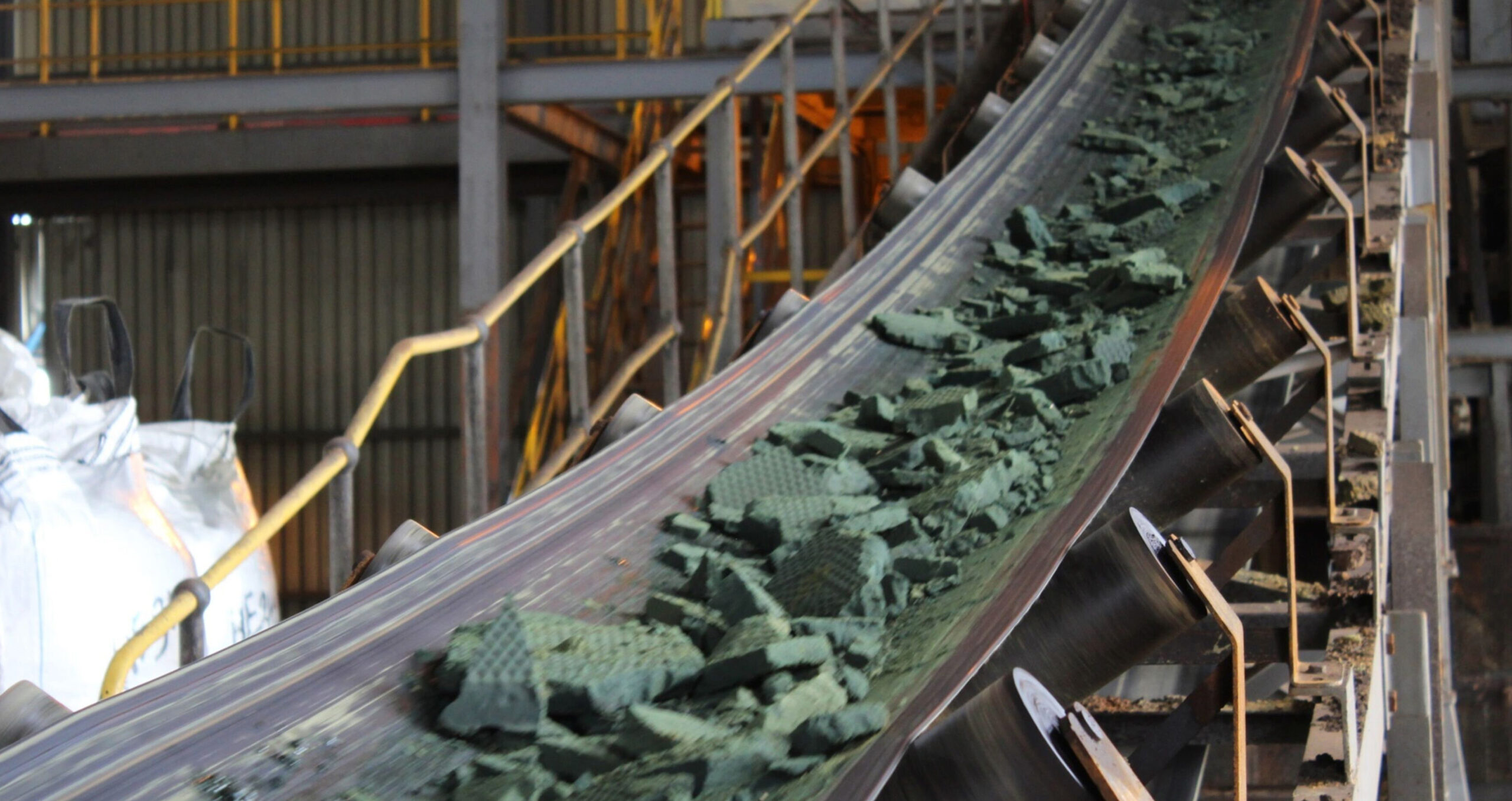
NGOs file new legal claim against Belgian ethane cracker

Allegations of potential cross-border pollution and an incomplete environmental impact assessment underlie new attempt to halt plastics project
A group of Belgian and Dutch non-profits is supporting ClientEarth in its fresh attempt to stop the construction of an ethane cracker in the port of Antwerp, Belgium.
The environmental groups, which also include WWF Belgium and Greenpeace Belgium, argue that a new temporary permit issued by the Environmental Ministry of Flanders is illegal under EU and Belgian law because it lacks a full impact assessment.
They also claim that the true impact of the project on the region and along its value chain, including Scope 3 emissions, has not been properly disclosed.
The claim against the Flemish authorities has been filed at the Brussels-based Council for Permit Disputes. If the case is declared admissible, the authorities will submit their arguments against the groups’ claim, with a hearing eventually taking place before the council.
Longstanding dispute
The ethane cracker has been the source of a legal dispute between ClientEarth and British chemicals group Ineos since 2020. Ethane is a component of natural gas, and its production is considered controversial because the chemical is a key element in the manufacturing of plastics.
The planned cracker, also known as “Ineos Project One”, would fuel more plastic production despite the urgent need to cut plastic pollution, says ClientEarth lawyer Tatiana Luján in a statement. “Plastics are made from fossil fuels, so their production is catastrophic for the climate at every stage,” she says.
Litigation around plastic production and consumption is on the rise and the UN is aiming to finalise a global plastics treaty by the end of 2024 to tackle pollution.
Following the news in early January that Ineos had received a new temporary permit from the Flemish authorities to start developing the project, ClientEarth pledged to continue its battle in the Belgian courts.
At the time, Belgian media reported that Ineos had agreed to a new set of requirements, including limits on the discharge of so-called forever chemicals into domestic waters and the obligation to make the cracker “climate neutral” within a decade of operating, technological advancements permitting.
Such changes are “window dressing”, said Luján. “The authorities have once again failed to acknowledge the blatant, toxic repercussions of the project. We have no choice but to go back to court.”
Dutch involvement
The development of Project One came to a halt last summer when the Council for Permit Disputes ruled that Ineos failed to inform the government about the project’s full environmental impact, resulting in a reversal of the previous permit.
At the time, the project was facing legal challenges by ClientEarth and the Dutch provinces of Zeeland and Noord-Brabant, which filed a separate claim in 2022, arguing they would suffer from the cracker’s nitrogen emissions.
“No amount of tinkering to its permit will make this cross-border pollution miraculously go away,” says Stijn van Uffelen from Dutch non-profit Mobilisation for the Environment, which supports ClientEarth’s new legal challenge.
Previous plastics litigation cases led by ClientEarth include it suing French consumer group Danone in 2023 over its single-use plastic footprint under France’s Corporate Duty of Vigilance Law, which requires large companies to establish a vigilance plan and publish it every year. The plan should contain all the social and environmental due diligence measures taken across the company’s supply chain.
The non-profit is also supporting the “external alert” filed with the European Commission and the Consumer Protection Cooperation Network at the end of 2023 by the European Consumer Organisation BEUC against Coca-Cola, Danone and Nestlé for their “100%” recycling claims on plastic bottles, deeming them misleading.
Similar Articles

Chemical companies have climate ‘ambition’ but lack ‘actionable’ plans, non-profit says



